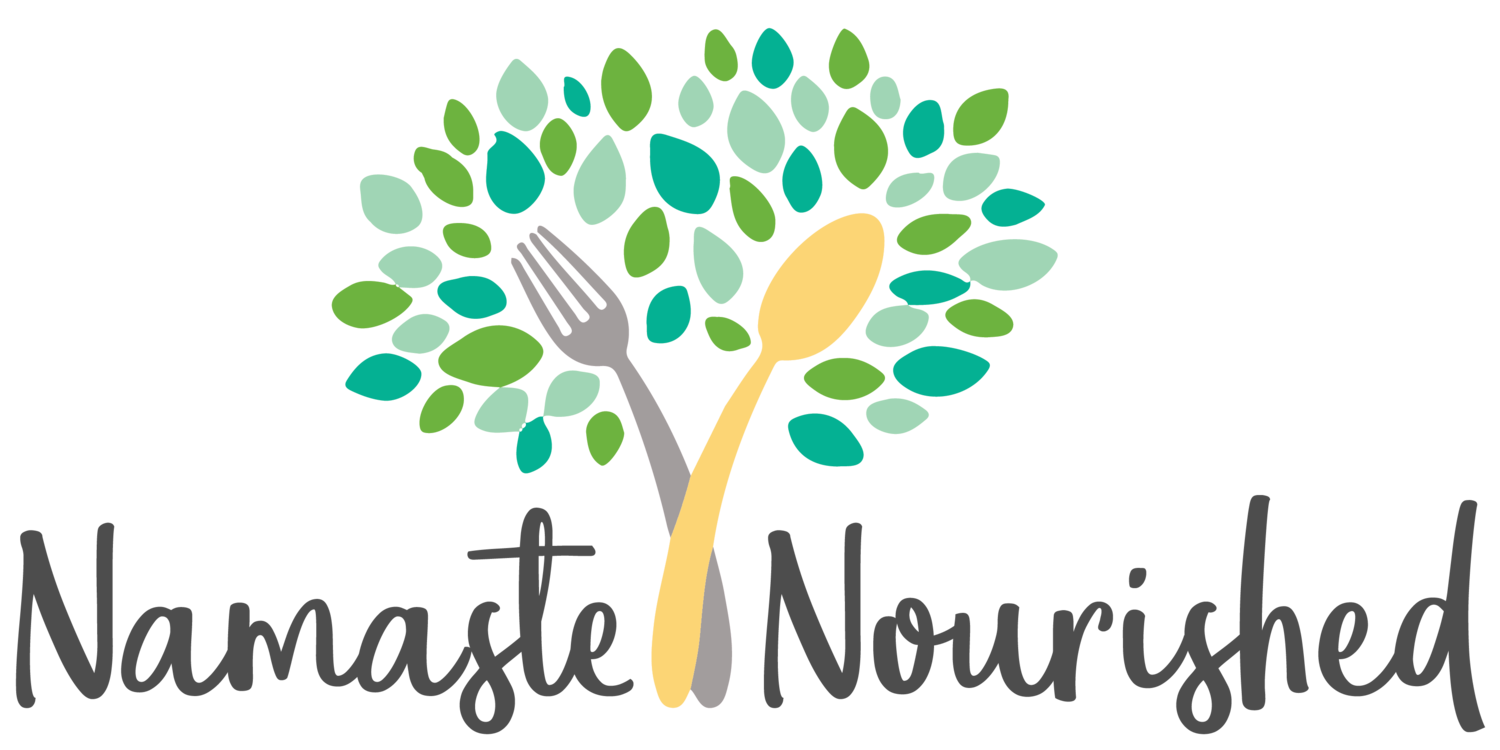Eating at a Barbecue in Eating Disorder Recovery
Summer barbecues can be filled with laughter, sunshine, and connection, but for someone navigating eating disorder recovery, they can also bring stress. The smells of grilled food, unstructured mealtimes, and the pressure of eating in groups may feel overwhelming. Learning how to approach these events with a plan can help you feel calmer, more confident, and more able to enjoy the experience.
Building Confidence Eating at a Barbecue in Recovery
One of the most important skills in recovery is practicing confidence around food and getting used to eating in situations you can’t control. The practice of building confidence may look like setting small, realistic goals before you go. You might plan to make one balanced plate, choose a seat with a supportive friend, or practice grounding techniques if you feel anxious. Each step you take strengthens your ability to show up for yourself in these social settings.
Enjoying Barbecue With Friends: A Recovery-Friendly Approach
Food is only one part of a barbecue. Practicing a recovery-friendly approach to enjoying a barbecue allows you to shift your focus from the food to the people around you. Ask a friend to join you in line, suggest an activity like cornhole or a walk after eating, and remind yourself that shared experiences matter more than what’s on your plate.
Making Food Choices at Barbecue During Recovery
When faced with lots of options, it helps to simplify. Choosing what to eat at barbecue during recovery could mean following the same plate-building structure you use in other settings:
Choose a protein like grilled chicken, a hot dog, or a veggie burger
Add a starch or two such as a bun and corn on the cob, potato salad, or pasta
Include a fruit or veggie for balance and color
Leave space for foods you only enjoy at a barbecue, or trying something new, whether that’s a favorite side dish or dessert
Add condiments, sauces, or anything else to make the food enjoyable and satisfying
This approach makes the event feel less unpredictable and more aligned with your recovery.
Coping With Barbecue Food Anxiety in Recovery
It’s natural to feel anxious at a barbecue when in eating disorder recovery. Coping in these situations might include deep breathing before eating, bringing a grounding tool like a fidget, repeating a mantra, or planning a supportive check-in with a therapist or dietitian afterward. A little preparation can help you feel more in control.
Dealing With Triggers at Barbecues
Barbecues can sometimes bring up comparison, diet talk, or family dynamics that feel triggering to your recovery. Dealing with triggers at barbecues might mean setting boundaries, excusing yourself from conversations, or redirecting focus to something other than food and bodies in the moment. Your comfort and safety come first.
A Note for Families: Supporting a Loved One at a Barbecue
If you’re attending with someone in recovery, your support matters. Instead of focusing on food choices, think about how you can make the environment feel safe. Helping a loved one with food anxiety at barbecue gatherings might mean sitting with them while they eat, distracting from triggering conversations, or checking in privately if you notice they’re uncomfortable. Small gestures of support can ease the pressure and make the day feel more manageable.
When You Need Extra Support
If you need help navigating eating at a barbecue, building a balanced plate, managing social eating, or learning dining strategies for eating disorder recovery, support is available. Click to book a virtual or in person appointment with a registered dietitian who can help you build a plan that feels safe and supportive.
